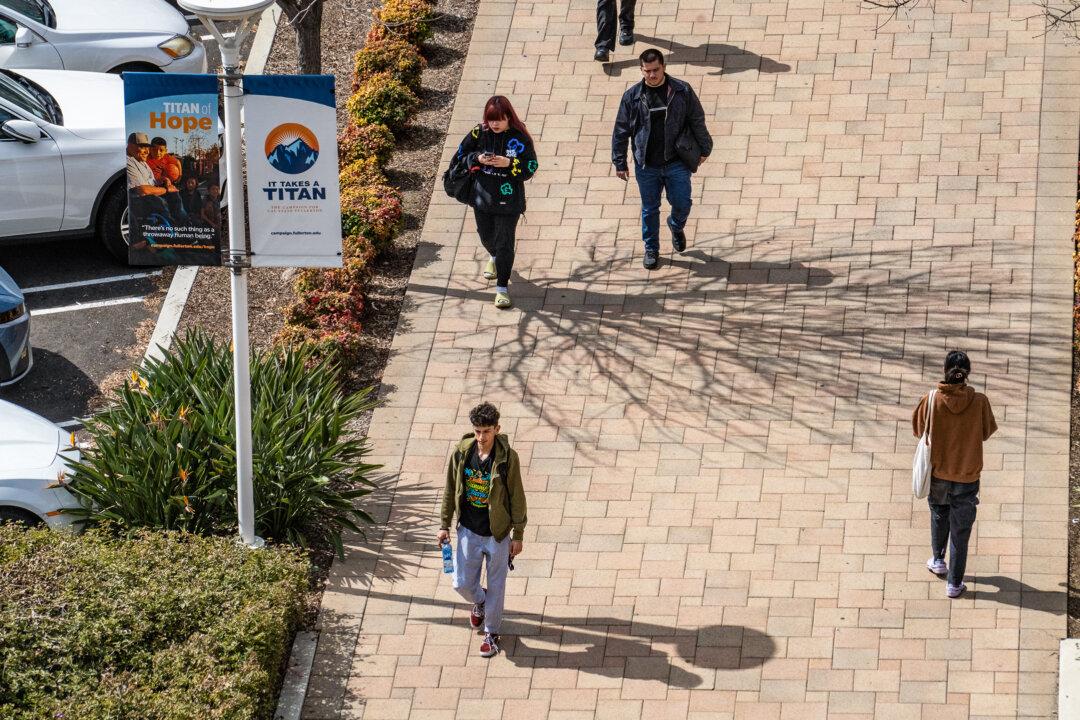A new California law orders the California State University (CSU) system to update sexual harassment policies in accordance with recommendations from a state auditor last year.
Assembly Bill 1790, introduced by Assemblyman Damon Connolly, says the university must comply by July 1, 2026, as the auditor suggested.





